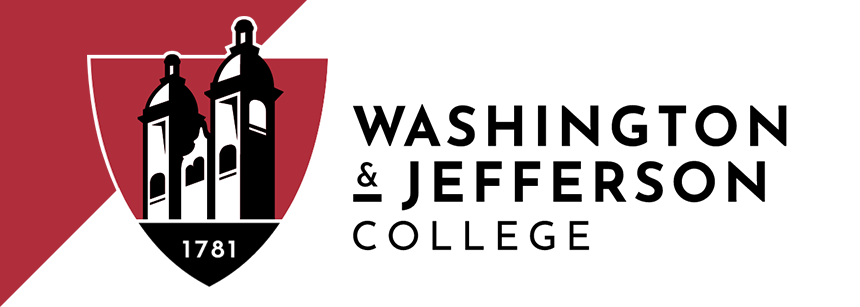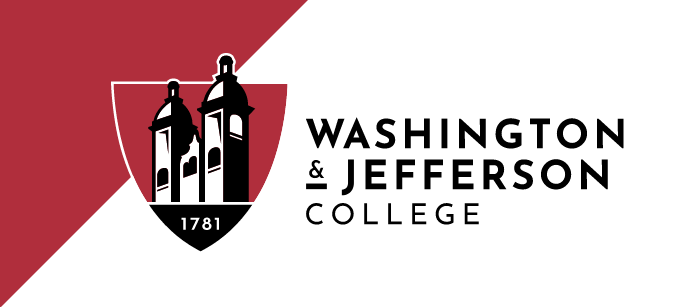College Buildings
Except for resident living areas, most W&J facilities are open to the public during the day and evening hours when classes are in session. During the times that the College is officially closed, W&J buildings are locked and only faculty, staff, and for some buildings, students with a W&J ID are admitted.
Campus facilities are open to students, employees and guests during normal business hours. Individuals not having legitimate business on campus may be arrested as trespassers and are subject to the penalties of the Pennsylvania Crimes Code.
Some W&J-sponsored programs are open to the general public, while others are restricted to students with a valid W&J ID. Additional security personnel staff major events such as athletic events and concerts.
Residence Halls
Campus housing at W&J includes 29 residence halls and fraternity buildings. All students are required to live in campus halls except married students, commuters and students eligible for off-campus status. To secure entrances to residence facilities, exterior doors are kept locked 24 hours a day. Security officers check exterior doors during their normal patrol of campus. Students are issued keys for their rooms and their college ID card (which they are to carry at all times) grants access to the outside of buildings. Standard locking mechanisms are used to secure doors and windows in student rooms. Residents are urged to keep their room doors locked, along with windows and outside building doors.
The Office of Residence Life is responsible for security within the residence halls. A Residence Life Coordinator who is a Residence Life staff member is responsible for each residence hall. The Residence Life Coordinators are assisted in residence halls by the Resident Assistants (RA’s), who run programs about campus safety.
Residence Hall Security Procedures
When you check into a residence hall you receive information about campus safety and residence hall security, such as:
- Whom to call in case of an emergency
- What procedures to follow in case of a fire evacuation
- How to mark valuables
- Visitation, alcohol, and drug policies
- General campus safety, among other topics
At your first floor meeting, which is mandatory and held by the RA, you can acquaint yourself with unique aspects of your residence hall community and the security practices you can follow to make your college environment safer.
Posters promoting safety are prominently displayed throughout the residence halls. The Office of Residence Life sponsors a series of safety and security programs every year.
Evacuation routes from each building are located in every room behind the door. Please familiarize yourself with the best evacuation route and alternative routes from the building. Most residential facilities are equipped with sprinkler systems. Fire prevention equipment is present on each floor and should never be tampered with.
Moreover, Campus & Public Safety personnel make regular patrols of halls to ensure outside doors and windows are closed and to enforce College regulations and to report violations to the appropriate office. In addition, while the College is in session, the Office of Residence Life maintains a 24 hour on-call service to respond to emergencies and other problems.

